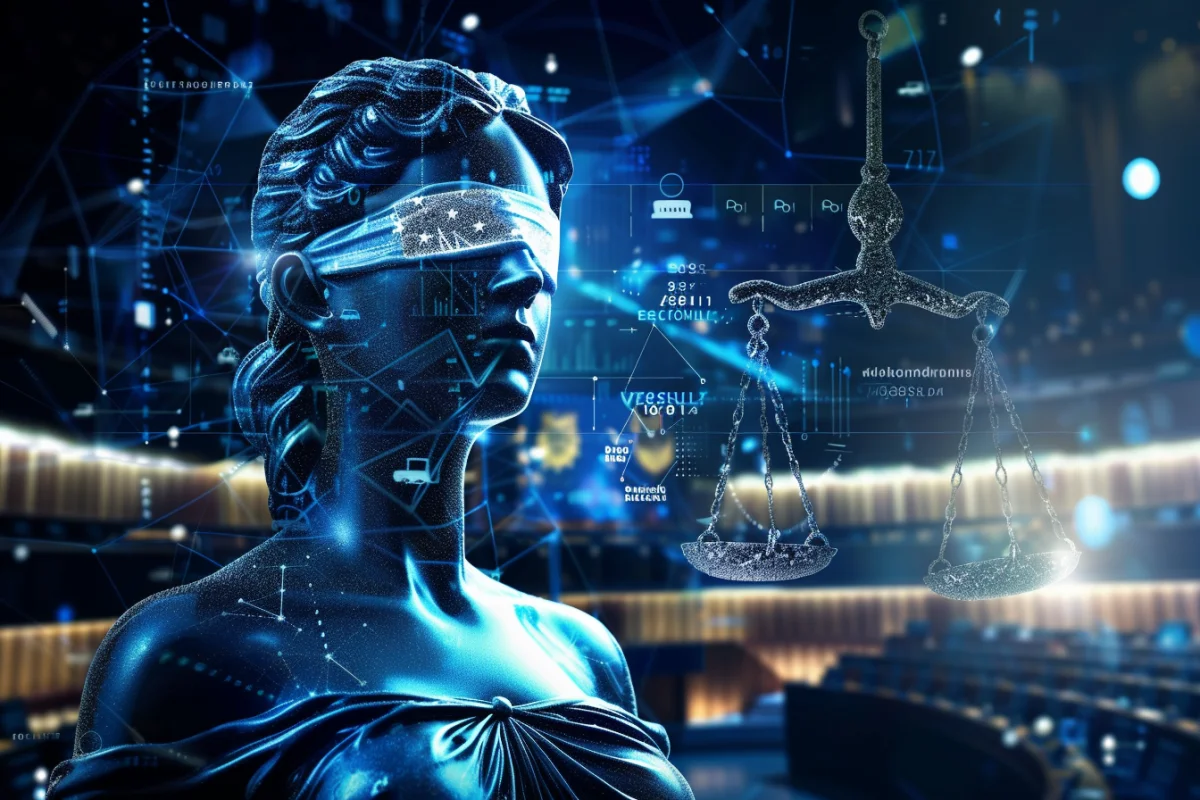Legal Liability for AI Fakes — Europe’s New Deepfake Rules in 2025
Could a single synthetic video or audio clip disrupt the entire digital world? In 2025, AI fakes face a new era of legal scrutiny: the European Union’s AI Act is now in effect, making companies and creators strictly responsible for compliance. What do these laws actually change, and what kind of liability awaits those who ignore the rules? From deepfake regulations to digital transparency, 2025 is the moment of truth for the future of online content. Here’s how the new European standard sets the rules — and what every tech innovator needs to know.

EU’s AI Act — The First Global Deepfake Standard
In 2025, the EU’s AI Act became the world’s first comprehensive legal framework, forcing companies and platforms to enforce strict deepfake labeling, transparency, and liability standards. The law requires anyone distributing AI-generated or manipulated audio, video, or images to clearly disclose their synthetic nature — both visually and in metadata. Platforms must mark AI fakes in a way users and machines can recognize, shifting responsibility from just creators to the entire supply chain.
Compliance, Enforcement, and Business Risks
Under the new rules, platforms and content creators face enhanced liability and tough penalties — fines up to €35 million or 7% of annual global revenue for violations. For high-risk contexts (like elections or personal rights abuse), illegal deepfakes can be banned outright. Businesses must ensure transparency with machine-readable tags, user warnings, and clear content provenance, or risk lawsuits and platform bans across the EU.
What Does This Mean in Practice?
While most court cases are still in early stages, the AI Act already sets strict new obligations for both individuals and corporations. European regulators and tech giants are rolling out upgraded content control and detection policies. Analysts say these standards will soon spread globally, forcing startups and media platforms to rethink how they build, distribute, and verify AI-generated content.
Conclusion
From 2025, AI fakes are no longer a tech curiosity — they’re a legal reality. Media, tech companies, and startups must audit every product for compliance. Liability and transparency are the new norm, reshaping standards for justice and safety in the digital era.
📌 What do you think — will these new rules actually reduce deepfake content in Europe? What does this mean for startups and digital businesses worldwide? Share your thoughts in the comments!
📎 Sources:
Reality Defender — Deepfake Regulations 2025 | Columbia Journal of European Law — Deepfake, Deep Trouble: The European AI Act and the Fight Against AI-Generated Misinformation (2024)
✍ Article Author
- Registered: 27 April 2025, 10:30
- Location: Georgia




 Tornike
Tornike